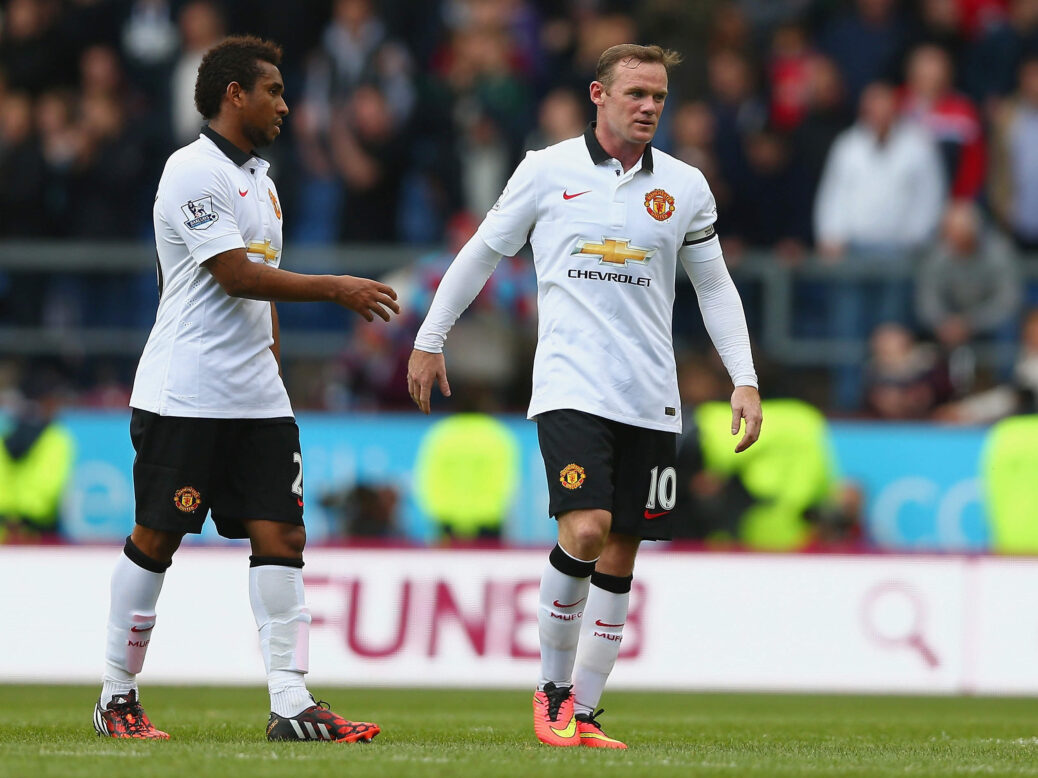
Today sees a biannual event in which tens of thousands of people in our country glue themselves to their television and computer screens in a mass monitoring of a rare and globally mobile species. No I am not describing Autumnwatch with Bill Oddie. I am of course talking about Transfer Deadline Day, and the movements of many millionaire footballers across the globe.
The event twice a year when we can all watch members of the 1 per cent truly respond to national tax rates. For example, just monitor the movements today of Radamel Falcao; will he leave the tax haven of Monaco to come to England or Spain? The latter has a new 52 per cent tax rate.
Yet this more tracksuited version of what takes place daily in the financial sector also provides the first opportunity to test whether Labour’s plans to reinstate the 50p tax rate is having the apocalyptic effect that the Tories like to claim. How many of these starlets who are signing in and around the country will refuse to sign up for anything beyond six months for fear of the “war on the better off”, as the Telegraph’s Allister Heath describes a 5 per cent increase in taxation?
One of the big debates over the 50p rate is around the behavioural response it is claimed it creates. Of course there will be those who do choose a country by the lowest marginal tax rate, whether it is 45 per cent or 25 per cent. But the government argues that the behavioural response of such high-paid people coming to our country, and those already working here, would be huge. However, this argument relies on few facts and instead anecdotal evidence – a bit like rumours on Transfer Deadline Day.
Nevertheless, it does not stop there. As according to George Osborne’s logic since April 2012, players such as Wayne Rooney have been playing better, and working harder for their clubs. In fact, we should probably be thanking George Osborne (a Chelsea fan) for the excellent performance of the England team in the World Cup…
This is because the other plank of rightwingers’ use of the behavioural argument by which Osborne axed the 50p rate is rarely disputed: that the rich work harder when taxed less. And to be fair, Rooney and other footballers earning over £1,000,000 a year (if we assume they declare this as income) may have indeed been training harder. But would it be because such a millionaire footballer has had an additional £700 a week more added to their current minimum of £20,000 a week?
Don’t get me wrong, £700 is a lot of money to me and most people. But to put it in perspective, that is the equivalent of the median earner who receives £517 a week (£26,800 a year) getting around an extra 18 quid a week more. Again not to be sniffed at, but not even enough for a Wayne Rooney hair appointment.
But would an £18 a week pay rise (or an increase in your wage by a 1/28) considerably raise the work rate of most people? I would hazard a guess that it probably would not in general. For example, would you work longer hours, such as an extra three hours a week, for a marginal pay rise of say £18, or would you be happy to get away at lunchtime on a Friday even if that meant you’d lose £18?
This is of course a relative question, given that those on middle and low incomes are more effected by other taxes such as VAT, than the average Premiership footballer. But surveys have shown that most people would rather work fewer hours even if this led to marginally lower pay. Shouldn’t we assume therefore that top millionaires are no different? Especially when you consider the proportions in pay they are dealing with.
So even if you are not interested in football nor footballers, you should still pay attention to this Transfer Deadline Day, and the whereabouts of Falcao, as it’ll be a prelude to one of the biggest arguments on taxation at the general election.






